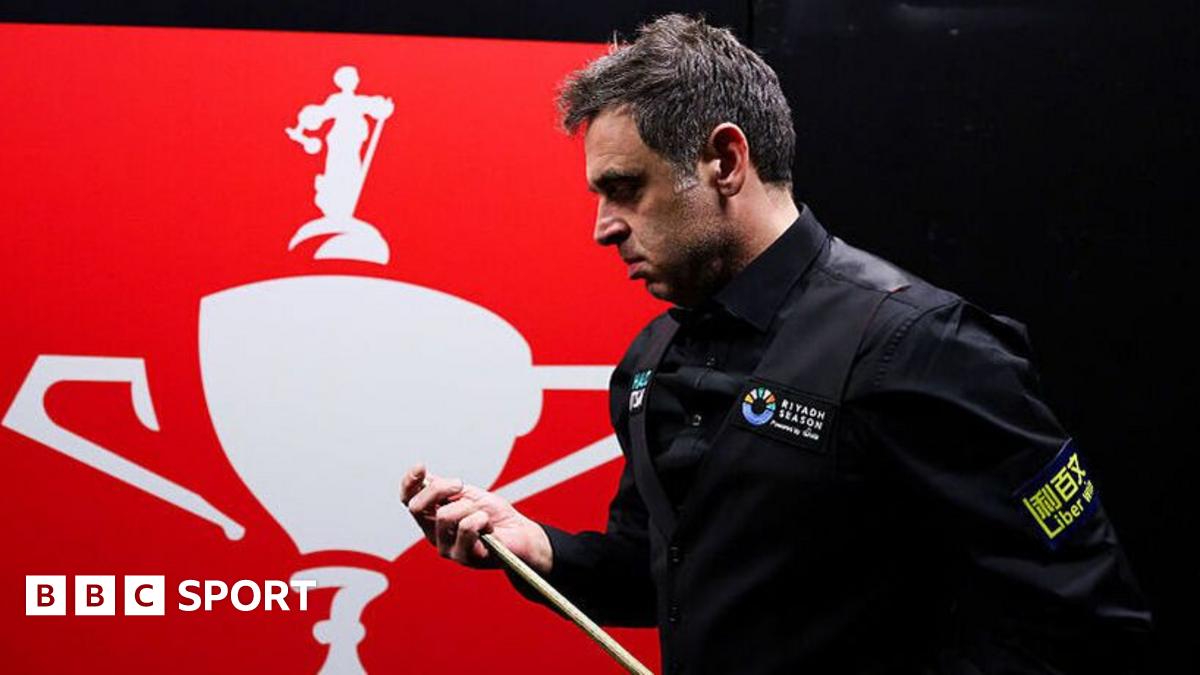ARTICLE AD BOX
The fear of injury is impacting on the mental health players, according to a survey by the Professional Footballers' Association.
The survey found 68% of more than 1,000 male and female PFA members questioned last season identified this fear as having a major negative impact.
The finding comes after Manchester City midfielder Rodri, prior to suffering a season-ending injury, said players were "close" to striking over increased workload.
Online abuse also had a negative impact on mental well-being for 28% of those surveyed.
PFA director of player well-being Dr Michael Bennett said football "is an incredibly insecure career for many" with players often finding themselves on short-term contracts and feeling "as if they have very little control over their futures".
"What our survey results highlight is that these 'on-pitch' concerns - like injury and performance - can and do affect footballers' mental health," Bennett said.
"This exercise is incredibly important to us and allows us to see 'the person' behind the player, and we're always encouraged that players choose to disclose these concerns with us."
The PFA is part of two separate legal challenges against football's governing body Fifa over a perceived lack of consultation over the fixture calendar.
Following Rodri's claim that players were close to taking strike action, City manager Pep Guardiola said any changes must be player-led - comments echoed by Chelsea boss Enzo Maresca who said there is "no doubt" the schedule is too congested.
A recent report said a player welfare 'red line' was a maximum of between 50 and 60 matches per season, depending on a player's age. Rodri played 63 competitive games for club and country last season.
Real Madrid manager Carlo Ancelotti said the club are even considering giving players holidays during the season to cope with fixture congestion.
On-pitch performance (45%) and the fear of being dropped (41%) were among the other concerns raised in the PFA survey, while alcohol use (17%) and gambling (15%) were the leading 'non-industry' hazards negatively impacting player well-being.
The PFA said its club visits led to 330 well-being interventions, including 60 direct referrals for therapeutic support, while 530 current and former PFA members received mental health support from the union's partner Sporting Chance clinic.

 6 months ago
24
6 months ago
24








 English (US) ·
English (US) ·